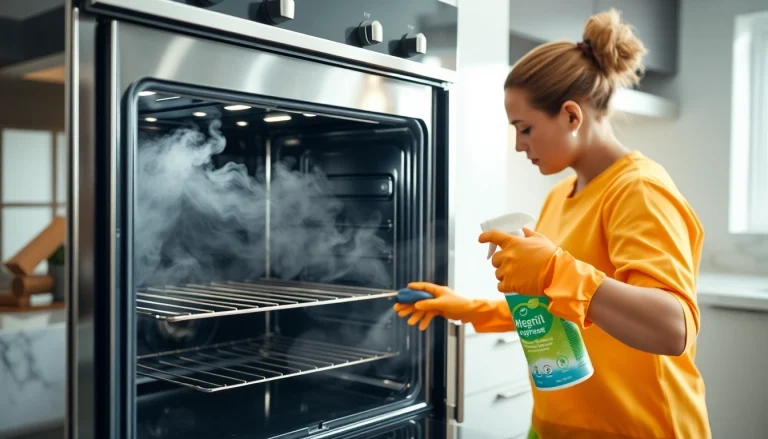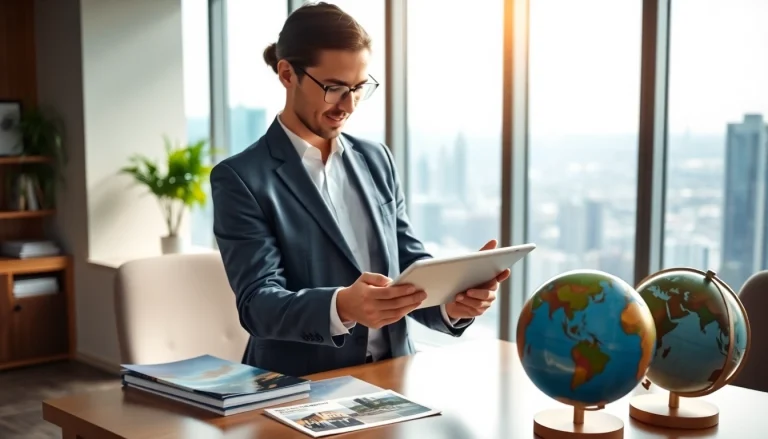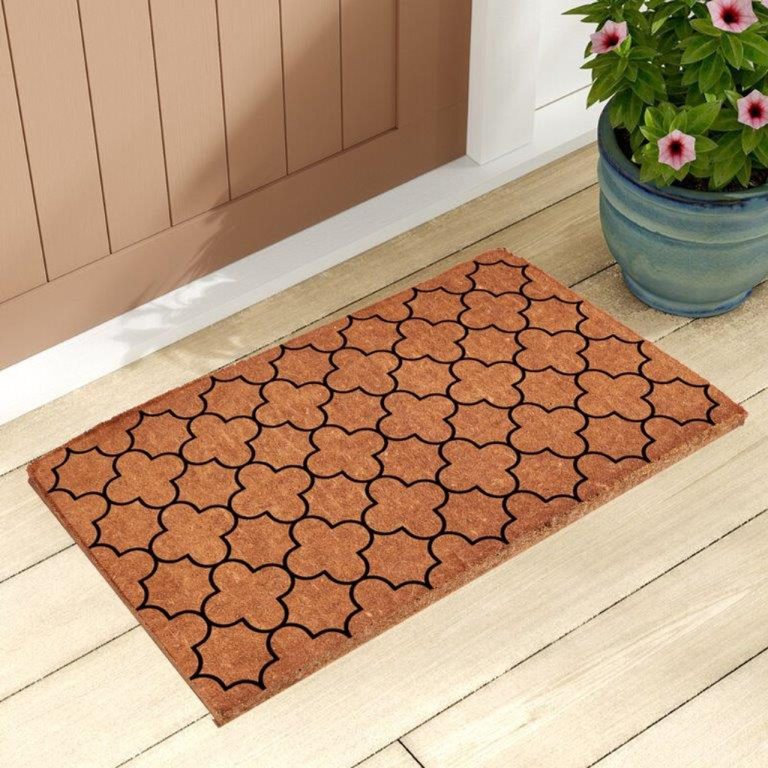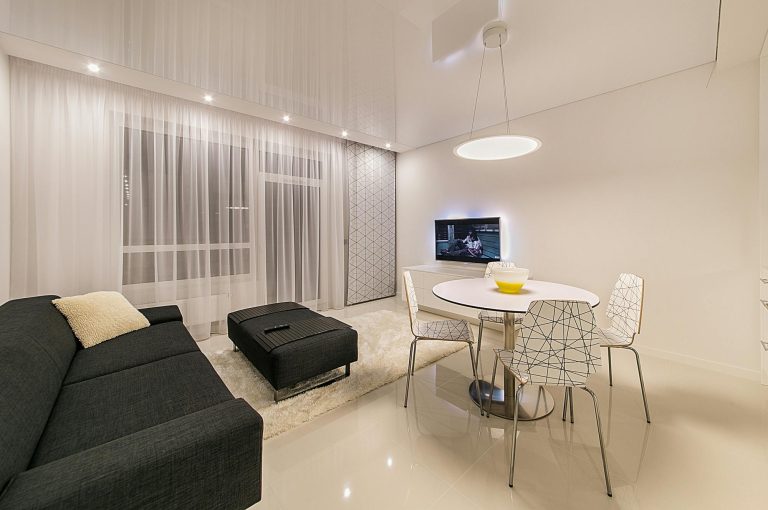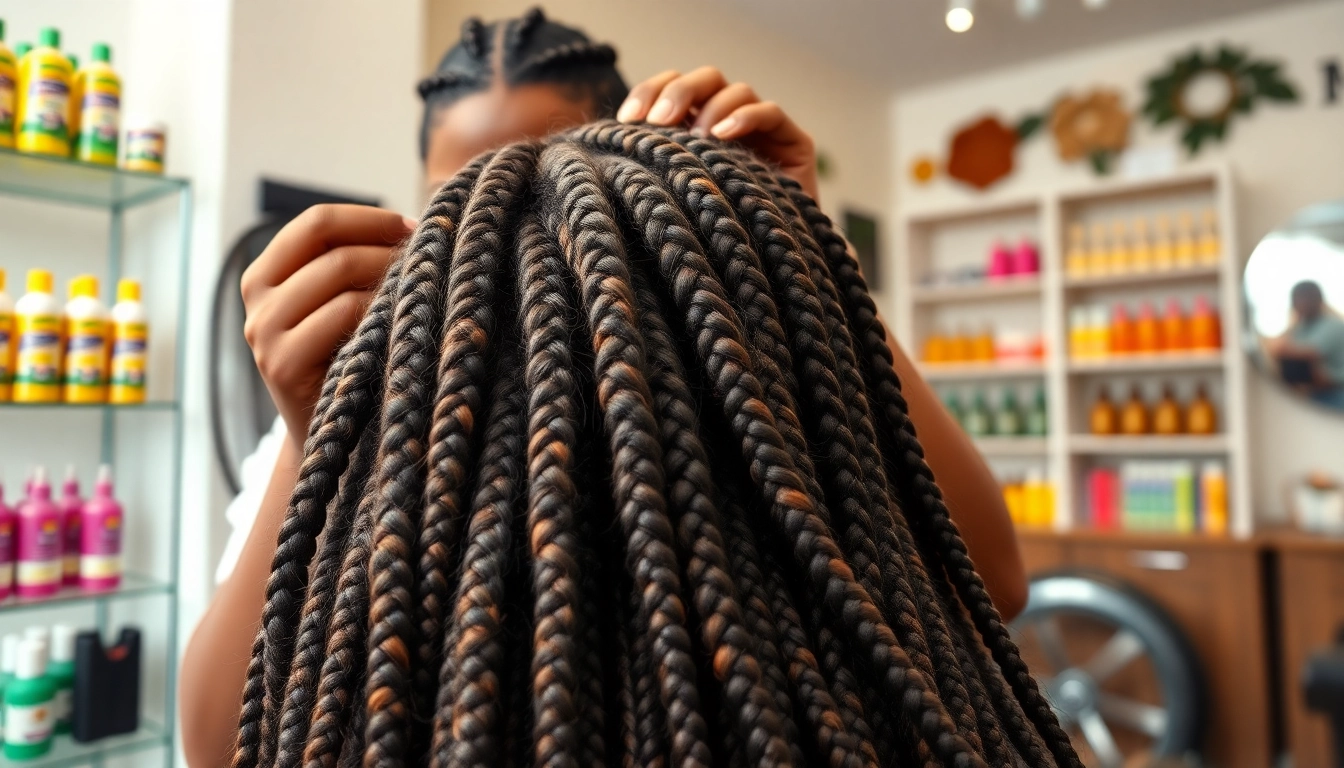
Understanding African Hair Braiding
History and Cultural Significance
African hair braiding is more than just a hairstyle; it is a rich tradition that dates back thousands of years. It is woven into the historical, cultural, and social fabric of African communities. Braiding techniques were often used to signify various milestones in a person’s life, from birth to marriage, and even social status. Different tribes and cultures have unique styles and methods, each telling a story about the people and their heritage. For many, braiding is an expression of individuality and cultural pride.
In many African cultures, braided hair styles are also linked to spirituality, serving as a conduit for self-expression and personal identity. This showcase of art in hair can reflect one’s personality, marital status, or even one’s professional engagement. Different styles are adapted to reflect personal aesthetics, social demands, or specific cultural events, illustrating how deeply intertwined hair and identity are in those communities.
Different Braiding Styles and Techniques
There is a vast array of African braiding styles, each bringing its beauty and complexity. Here are some prominent braiding techniques:
- Box Braids: These are large, square-shaped sections of hair that are braided from the scalp down. They are popular for their versatility and protective qualities.
- Cornrows: A traditional style where hair is braided close to the scalp in straight lines, which can be styled in various patterns and designs.
- Senegalese Twists: These are two-strand twists that give a rope-like appearance, often adding synthetic hair for volume and length.
- Knotless Braids: A newer technique that prevents tension on the scalp. These braids are created using a feed-in method, where additional hair is gradually added, resulting in a more natural look.
- Goddess Braids: Larger braids that can be styled into various updos or leave some strands out to cascade down the shoulders.
Knowledge of these styles and their cultural significance can enhance how a stylist communicates with clients, ensuring they deliver the desired look while respecting the cultural roots of the braids.
Common Materials and Tools Used
The materials used in African braiding vary greatly and are chosen based on the style and desired look. Some of the most common materials include:
- Kanekalon or Toyokalon Hair: Synthetic hair used for braiding that closely mimics the texture of natural hair. It is lightweight and can be styled just like human hair.
- Natural Hair: Some styles incorporate natural hair for a more authentic look, especially when creating traditional braids.
- Hair Products: While creating braids, various products like oils, gels, and creams are used to protect the scalp and hair, adding moisture and shine. Essential oils such as coconut, avocado, or jojoba oil are also popular for their nourishing properties.
Understanding these materials not only aids stylists in choosing the right products but also allows clients to maintain their braided styles properly.
What to Look for in the Best African Braiding Salon Near Me
Essential Qualities to Consider
When seeking the best african braiding salon near me, certain qualities should be top of mind:
- Expertise: Look for salons with skilled professionals who specialize in African braiding techniques. A well-trained stylist will not only create stunning designs but also implement safe practices to protect your hair and scalp.
- Cleanliness: A clean and sanitized environment is a must. This indicates professionalism and care for client health.
- Customer Service: A welcoming atmosphere combined with excellent customer service can enhance your experience. Staff should be patient, attentive, and willing to answer any queries.
- Portfolio: Review previous work through portfolios or salon social media channels. This helps ensure the style aligns with your vision.
Reading Reviews and Recommendations
In the age of digital reviews, the experiences of past clients can provide invaluable insight. Platforms like Yelp, Google Reviews, and Instagram are great resources for assessing salons. Look for:
- Consistent Positive Feedback: Highlighted strengths, especially in areas that matter to you, such as styling, customer service, and cleanliness.
- Narratives of Satisfaction: Look for detailed reviews that speak to the overall experience, including wait times, staff helpfulness, and the final results.
Additionally, recommendations from friends or family members who have had similar styles can be particularly useful as they can provide firsthand accounts of their experiences with specific salons.
Cost Expectations and Value for Money
Pricing for African braiding can vary significantly based on style complexity, salon location, and stylist experience. Generally, you can expect to pay between $100 and $300 or more for intricate styles.
Some factors that influence cost include:
- Length and Thickness of Hair: Longer and thicker hair typically requires more time and products, which can raise costs.
- Service Type: More intricate styles may be priced higher due to the skill required.
- Salon Reputation: Established salons with experienced stylists may charge a premium for their expertise.
While it may be tempting to save money by opting for cheaper services, investing in experienced professionals can prevent damage and ensure you receive quality results.
Top African Braiding Salons Near You
Comparative Analysis of Local Salons
Here’s a comparative look at some of the top African braiding salons in the area:
- Sophie’s African Hair Braiding & Beauty Supply
- Lucky Hair Braiding and Locs
- Mouna’s Hair Braiding
- Innocent Beauty Hair
Located in Aurora, Colorado, this salon boasts a strong rating of 4.4 from 272 customers. Known for its range of services including braiding, wigs, and hair supplies, Sophie’s stands out for its friendly service and comprehensive offerings. Address: 1690 S Chambers Rd, Aurora, CO 80017. Phone: (720) 244-6537.
Offering specialized African hair braiding and locs services, Lucky Hair Braiding is another notable mention in Aurora. With positive feedback on personalized styles and customer care, they provide a welcoming community vibe for clients.
Located in Denver, Mouna’s Hair Braiding specializes in a wide array of styles, including braids and twists. Customers appreciate their professionalism and the care they take in achieving desired looks.
This popular salon has a strong presence on social media, showcasing their unique braiding styles and satisfied clients. They are known for innovative designs and a vibrant atmosphere.
Ratings and Customer Feedback
Engagement on platforms like Yelp or Instagram often reveals customer satisfaction levels and helps prospective clients make informed decisions. Pay attention to:
- Star Ratings: A quick glance at ratings can guide you towards top performers in the area.
- Response to Feedback: How a salon responds to positive or negative reviews can be indicative of their commitment to customer satisfaction.
Unique Offerings and Specializations
Different salons may also offer unique specialties that can influence your choice. For instance, a salon that provides organic or hypoallergenic braiding materials may cater to clients with sensitive scalps. Others could focus on high-quality extensions or offer specialized styles such as Fulani or lemonade braids.
Preparing for Your Salon Appointment
What to Bring and Expect on the Day
Preparation can enhance your salon experience significantly:
- Bring Images: Reference images of the styles you desire will aid your stylist in understanding your vision.
- Hydration and Snacks: Depending on the length of your appointment, bring water and light snacks to stay comfortable.
- Readiness for Lengthy Sessions: Some braiding styles can take several hours to complete, so come with the right mindset.
Communicating Your Desired Style
Good communication is key to achieving your desired results. Be prepared to discuss your:
- Style Preferences: Whether you want something bold or understated, sharing your style preferences clearly will guide your stylist.
- Hair Type and Condition: Inform your stylist about your hair type, condition, and any past experiences with braiding. This will help in selecting the best methods and products for your hair.
Aftercare Tips for Your New Braids
Once you leave the salon with your new braids, taking care of them is vital to ensuring they last:
- Moisturize Regularly: Use lightweight oils or moisturizers to keep your scalp hydrated and prevent itching.
- Avoid Heavy Products: Heavy styling products can lead to build-up and eventually cause damage.
- Limit Tension: Try to avoid tight hairstyles that can cause stress on the roots and lead to breakage.
Frequently Asked Questions about African Braiding
How Long Do Braids Last?
Typically, African braids can last anywhere from two weeks to eight weeks or more, depending on the type of braid, the maintenance routine, and hair growth rate. To prolong the lifespan of your braids, regular care and maintenance are essential.
What is the Cost of Braiding Services?
As mentioned, prices for braiding services can vary. Factors such as geographic location, the stylist’s reputation, and the style complexity all play a role. Generally, expect costs to range around $100 to $300 or more based on these elements.
How to Maintain Braids Properly?
Proper maintenance includes regular cleaning, moisturizing, and wrapping your braids at night to preserve their integrity. Employ products free from heavy chemicals as these can strip moisture and cause hair damage.
